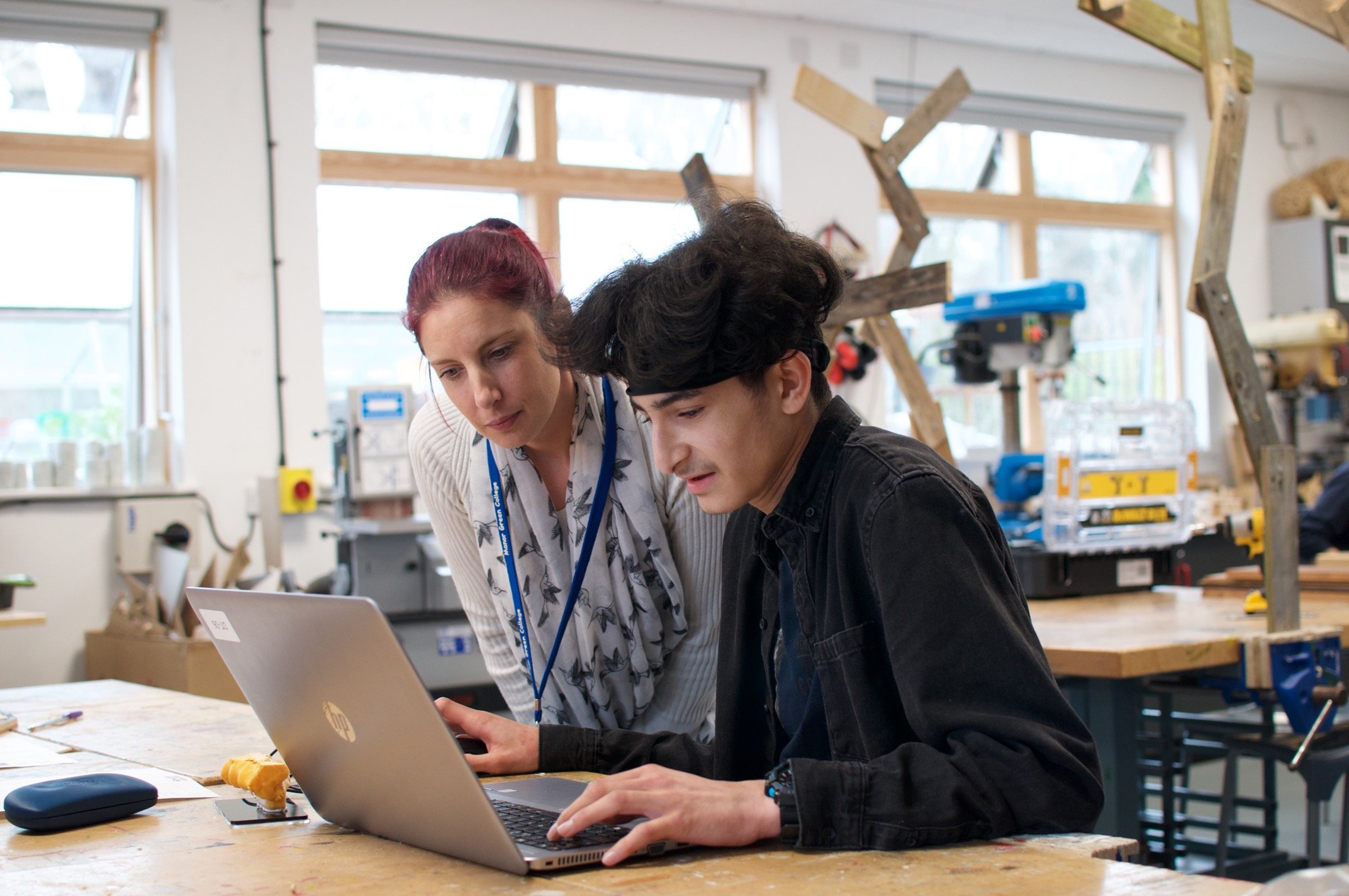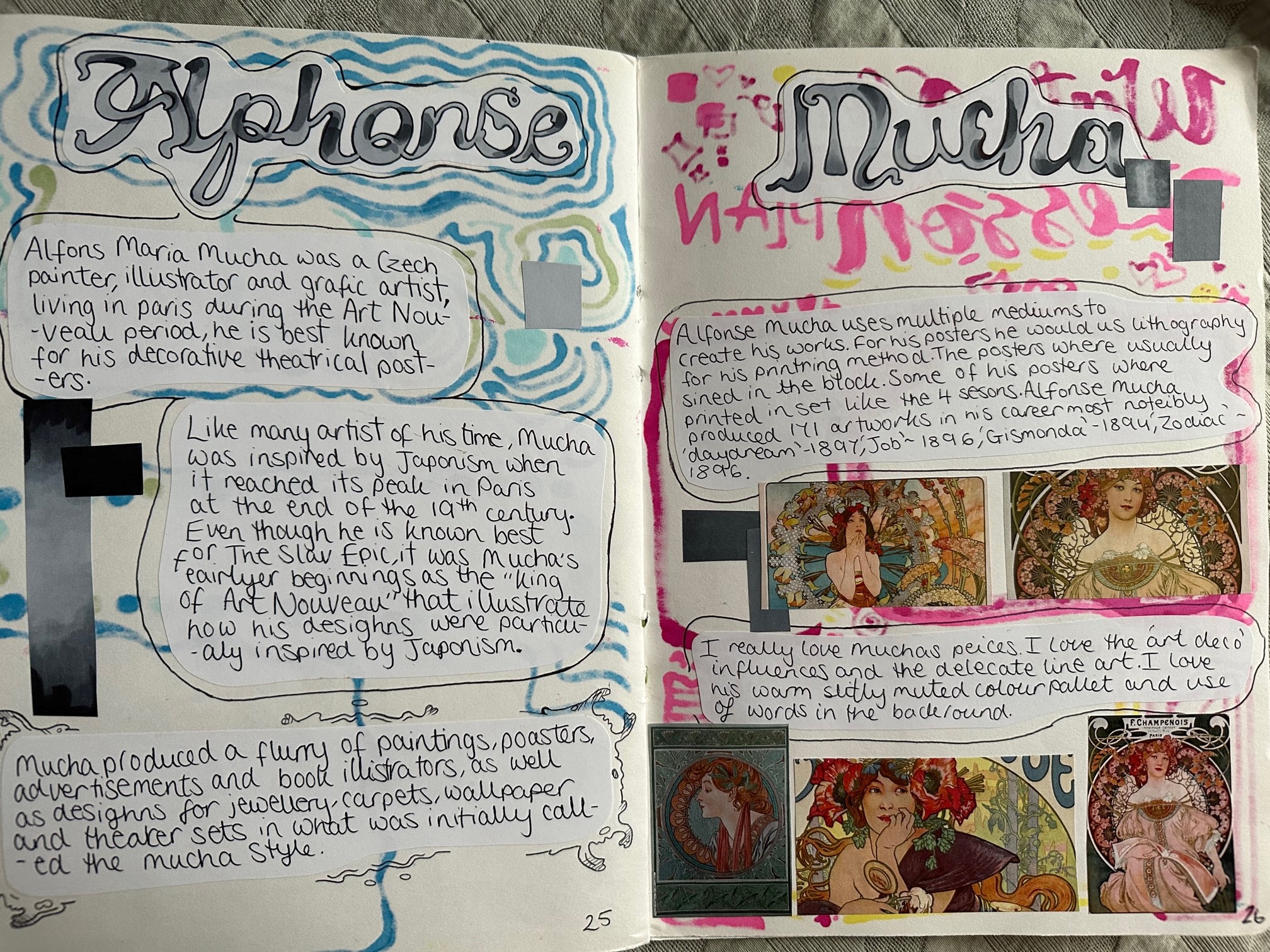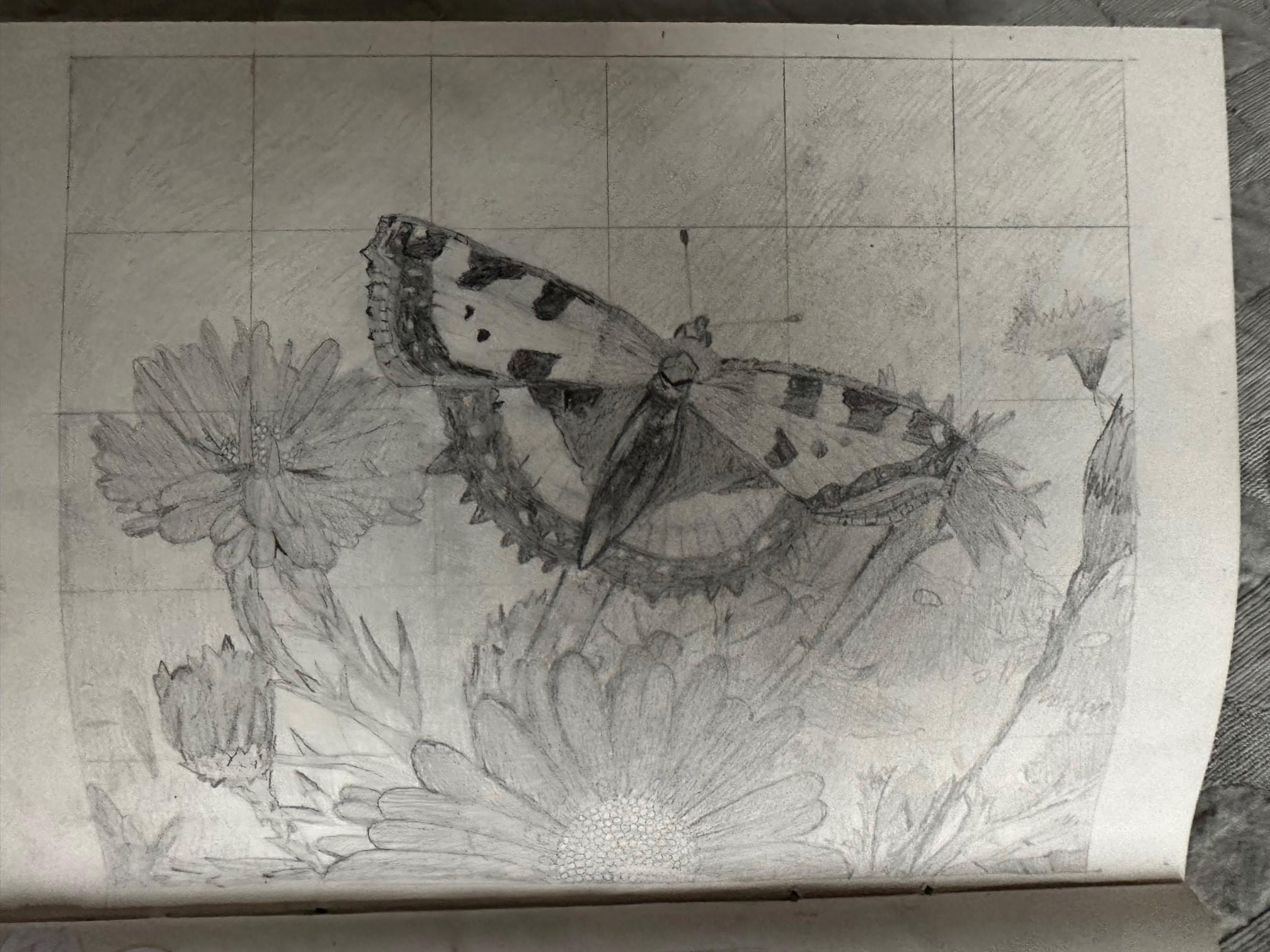
Top tips for your internal assessment process
BY: Nicola King
06 May 2024
Accurate adviser assessment has always been important for Arts Award but, with the move to our new quality assurance process, the need for a rigorous internal assessment practice is even more vital. In this blog we will give some tips to support advisers with their Arts Award assessment process:
- Assessing portfolios and entering young people for Arts Award can be time consuming and it is important this is factored into your planning. You may want to speak with your management/SLT to ensure they understand the commitment and allocate you enough time to conduct your internal assessment.
- Assess as you go, rather than waiting until the end of your delivery, this way if you find young people are missing evidence, it will be easier to get them to fill in those gaps. You could download the ‘enrolment and marks spreadsheet’ and use this as a working document, filling in your marks as you go, and highlighting any Parts the young person still needs to complete.
- Ensure you leave enough time to make any amends or additions to portfolios if you identify weaknesses or gaps in evidence as you go through this process. You should not enter young people for Arts Award unless you are confident that you can award an overall Pass.
- Make use of the resources available to support assessment, such as the assessment criteria support resource, and the evidence checklists for Explore, Bronze and Silver. Don’t forget the most important resource for assessment is of course your adviser toolkit. Use the toolkit and check carefully that the evidence requirements for each part have been met, and that the young people are meeting the assessment criteria for that level.
- Remember to assess the evidence that is actually in the portfolio. You may know that your student worked hard, or overcame lots of challenges, but you need to view the portfolio with an outside eye, as this is what a moderator would do, should you be selected for moderation.
- Internal standardisation, where advisers review each other’s marking, is one of the most effective ways to ensure consistency and accuracy in assessments, particularly where there are a number of advisers. Make time to review each other’s marking and discuss any areas where you disagree. It may help to pull out your best and weakest portfolios and check if colleagues or peers agree with your marking.
Please remember that only trained Arts Award advisers can assess arts logs/portfolios. - Centres must keep a 10% sample of portfolios each time they enter young people for the awards. Unlike with a moderation request, where a specific sample must be provided, this sample can be selected by the centre. You do not need to keep hardcopy portfolios, it is fine for young people to take their portfolios home after your results have been confirmed, but you will need to digitise the portfolios first. You will need to keep these portfolios saved in a suitable and secure folder, for a minimum of three years. Again, you should factor the time this will take into your planning.
- If you are moderated, make sure you keep a copy of the moderator feedback as well.
- Centres may be subject to random monitoring from Trinity, the purpose of which is to confirm that the organisation continues to comply with the criteria for validation as detailed in its application to become a validated centre. Trinity will select a sample of centres annually for monitoring with the aim of identifying good practice and areas for development ensuring we continue to maintain and improve delivery standards.
The monitoring programme is a supportive process, and centres should not worry that they are being inspected! During this session the monitor may want to see the samples of previous cohorts you have entered, along with moderator feedback. They will discuss your delivery and assessment methods with you, and suggest ways in which you could develop these. - Completing an annual internal review along with your colleagues is good practice. During this you could discuss any feedback you might have received from being moderated, monitored, or from any support sessions you may have had. You could also consider collecting feedback from young people or their parents. You could use the Delivery Development template in the School Resource Pack, to identify any key issues or areas for development and plan for how you will address them.
We hope you find these suggestions useful, if you have any questions about assessing Arts Award, please do get in touch via artsaward.enquiries@trinitycollege.co.uk
Related posts
BY: Nicola King
BY: Nicola King
BY: Alan Lynch




Comments & Replies